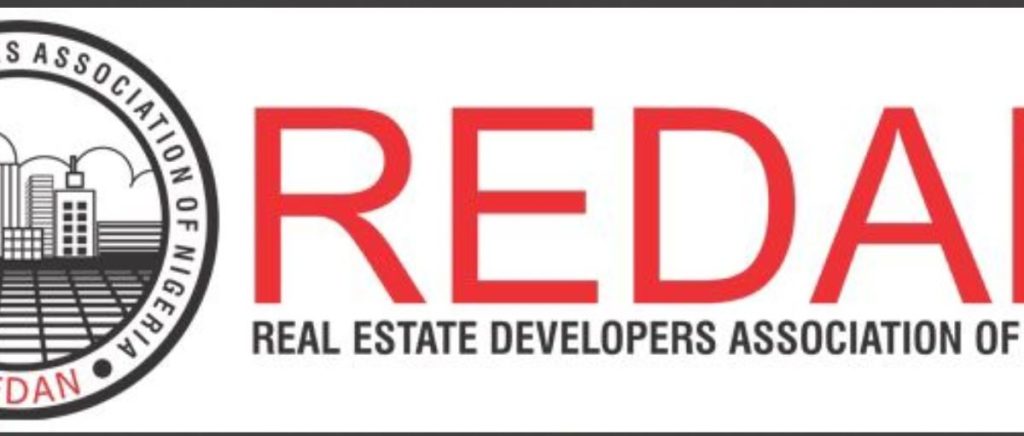The Urgent Need for Transparency and Reform in Nigeria’s Real Estate Sector
Akintoye Adeoye, the National President of the Real Estate Developers Association of Nigeria (REDAN), has issued a compelling call for comprehensive reform within the nation’s real estate and land administration sectors. He emphasizes the critical need for transparency and the eradication of corruption, asserting that the current lack of clarity and prevalent manipulative practices are driving up housing costs, thereby exacerbating the affordability crisis faced by many Nigerians. Adeoye’s concerns highlight the systemic issues that plague the sector and their direct impact on the accessibility of decent housing for the average citizen. His appeal for a transparent system resonates with the widespread desire for a fair and equitable real estate market that benefits both developers and consumers alike.
Adeoye underscores the crucial role of transparency in all real estate transactions and documentation processes. He argues that buyers should have a clear and upfront understanding of all costs involved in acquiring a property, from the purchase price to the expenses associated with perfecting the necessary documentation. The current lack of clear guidelines and the susceptibility of the system to manipulation create an environment conducive to corrupt practices. This opacity allows for rent-seeking behavior and demands for unaccounted-for funds, which ultimately inflate housing costs and diminish affordability. Adeoye advocates for readily accessible information on rates, rules, and procedures, eliminating ambiguity and promoting a level playing field for all stakeholders.
The lack of a transparent system, as highlighted by Adeoye, creates a breeding ground for corruption. When the rules are unclear and subject to manipulation, opportunities arise for individuals to exploit the system for personal gain. This often takes the form of illicit demands for money outside of official channels, adding to the financial burden on buyers and artificially inflating property prices. The lack of accountability further exacerbates the problem, making it difficult to track these illicit transactions and hold those responsible accountable. This ultimately undermines the integrity of the real estate market and perpetuates a cycle of corruption that harms both developers and consumers.
Adeoye emphasizes that the consequences of these corrupt practices extend beyond individual transactions, impacting the overall housing market. The unaccounted-for costs associated with these illicit payments are ultimately passed down to the consumer, contributing to inflated housing prices. This makes it increasingly difficult for ordinary Nigerians to afford decent housing, exacerbating the existing housing deficit. The ripple effect of these practices creates a vicious cycle, where corruption breeds higher prices, further limiting access to affordable housing and perpetuating the housing crisis.
Adeoye calls for a transparent land allocation system, suggesting the implementation of a Geographic Information System (GIS) that provides public access to information on available government land and their prices. This would eliminate the potential for double payments and other fraudulent practices that inflate land costs. He cites the example of being asked to pay half the land cost to an official government account and the other half to an undisclosed account. This practice, while common, forces developers to carry hidden costs that are not officially recognized but nevertheless impact their pricing, ultimately contributing to the rising cost of housing.
Adeoye’s call for reform extends to the establishment of a level playing field in the real estate sector. He urges the government to create a system devoid of rent-seeking, corruption, and favoritism, where the same rules apply to all participants. This would foster a more competitive and equitable market, benefiting both developers and consumers. By promoting transparency and accountability, the government can create an environment where ethical practices thrive, and housing becomes more accessible to all Nigerians. The establishment of a level playing field is essential for ensuring that developers can operate fairly and that consumers are protected from exploitative practices. This requires clear regulations, consistent enforcement, and a commitment to upholding ethical standards throughout the sector.
In essence, Adeoye paints a clear picture of the systemic issues that plague Nigeria’s real estate sector and their detrimental effects on housing affordability. His call for transparency and reform is a crucial step towards creating a more equitable and efficient real estate market that serves the needs of all Nigerians. Implementing these reforms would not only address the immediate issue of rising housing costs but also promote long-term stability and growth in the sector. The creation of a transparent and accountable system is not merely a desirable goal; it is a fundamental necessity for fostering a healthy and thriving real estate market that contributes to the overall economic development of the nation.


